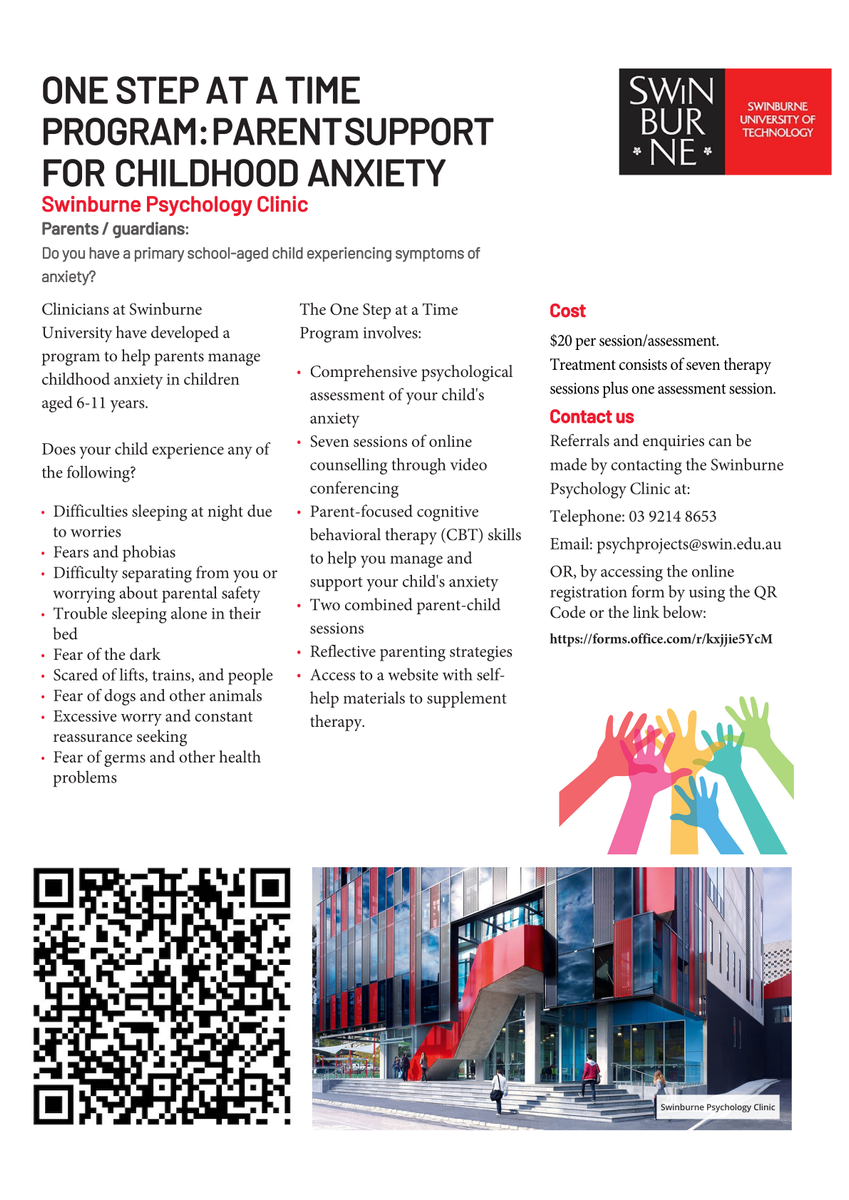Wellbeing @ NLPS

Building Resilience At Home
As a school as we continue to focus on resilience, we have come up with some activities that we would love for you to try together at home :)
Whole Family Activity:
Feelings Charades
Gather together as a family, this might be around the dinner table, lounge room, or around the fire outside.
Take turns to act out a feeling or emotion. Use your face and body language to act this out, for example: Make an angry face and stamp your feet. Other family members need to guess the feeling/emotion.
After someone has guessed the feeling/emotion, have family members discuss a time they have felt this way before and why. If it was a negative emotion, how did they overcome it?
Family Habit Builder:
Around the dinner table, ask everyone to share a feeling they felt during that day. Discuss how they dealt with that feeling and then discuss and share strategies you could use when faced with particular feelings.
More ideas to help build resilience at home:
Encourage independence: Provide children with structure and input but let them make decisions that are appropriate for their age and level of responsibility. Research states that if adults make all the decisions for children or continually override their decisions, they can’t develop the sense of self-efficacy and independence that’s necessary for them to make wise decisions for themselves.
Create opportunities to take responsibility:
Provide tasks and expectations that require children to make a meaningful contribution to their family and school. Getting them to be responsible for feeding pets, looking after their belongings, helping to set up an activity or participating in regular tasks, such as packing up, gives children opportunities to make decisions and demonstrate responsible behaviour.
Role model positive values:
Good decisions are informed by values. Children learn what to value by example and through discussion. By role-modelling positive values, including honesty, respect and acceptance and appreciation of differing perspectives in what you say and do, you will help children form a strong foundation of their own values as they learn to make decisions more independently.


